Melatonin Promotes Sleep and Youthfulness
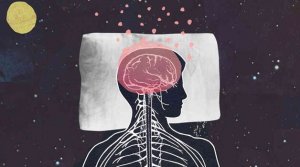

Written and verified by the psychologist Valeria Sabater
At first glance, something like that might seem to us like a chimera, an impossibility. But the neuroendocrinologist Walter Pierpaoli explains in his book, “The Melatonin Miracle,” that his research in the Department of Medicine at the University of Richmond are producing good laboratory results.
Many of the people who consume melatonin don’t just do it for the sake of regulating their sleep cycles. It’s been proven that melatonin levels go down during puberty and that in our 40s our body drastically reduces production levels. So, the key to maintaining a little more of our youthfulness would be, it would seem, in making up for that melatonin deficit.
But, the benefits of this hormone go far beyond slowing down the appearance of wrinkles or gray hair, given that its role in our health and psychological balance is simply astonishing.

What is Melatonin?
Melatonin, or N-acetyl-5-methoxytryptamine, is a hormone made out of tryptophan and produced in the pineal gland. So, it’s interesting to find out that not just people and animals have this sophisticated and coveted biological element. It’s also present in bacteria, fungi, and some algae. It is, to say it another way, the key to life.
On the other hand, and in order to produce it more regularly, there needs to be a reception of the different patterns of light and darkness that occur throughout the day. That combination of factors between the light stimulation that reaches our retina, the pinealocytes in our pineal gland, and the superchiasmatic nucleus of the hypothalamus are the things that bring together its production.
We know for example that around 8:00 pm our melatonin levels start to rise. It will increase progressively up until somewhere around 3:00 in the morning, which is also the moment when our body temperature tends to be lower. It’s what scientists call “biological zero temperature.” From this moment on, melatonin levels go down again.
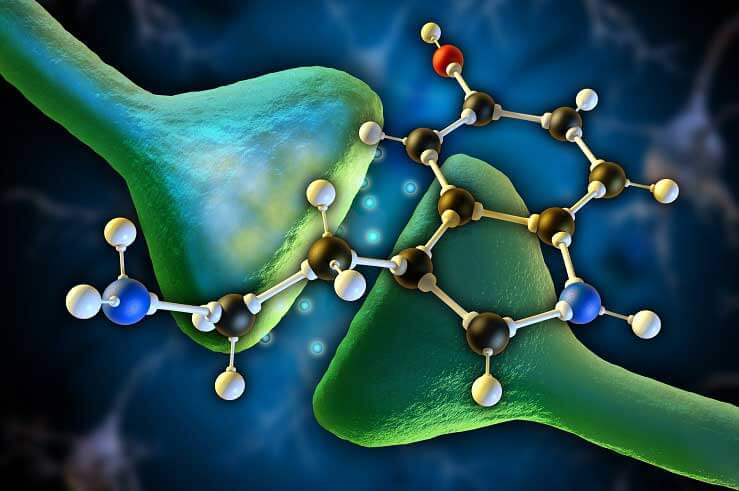
As a curiosity we should say it wasn’t very long ago that they managed to isolate melatonin in the pineal gland. It was 1958 when they discovered its importance in our circadian rhythms. Since then, science has kept on digging deeper into it, studying its role in depression, obesity, or neurodegenerative diseases.
Melatonin promotes sleep
Patricia is 52 years old and she’s been suffering from insomnia for a few months. Like most of us she’s heard about and read several things about how “melatonin helps us sleep.” On a whim, she goes to the pharmacy and buys a bottle to see how well it works for her. You don’t need a doctor’s prescription to get it. It’s easy to buy, cheap, and at first glance it seems like the “perfect medicine.”
But…is it really true that melatonin can help us put a stop to insomnia?
- Well, it’s important to understand that what melatonin really does is induce sleep, but not maintain it. That is, when Patricia takes her synthetic melatonin capsule at 11:00 at night, it’s very possible she’ll fall asleep, but she’ll definitely wake up a few hours later.
- Melatonin supplements can actually be very helpful in coping the time switch brought on by jet-lag, or to help us with those work shifts where a lot of the time we have no choice but sleep during the day and work at night.
- It’s also very useful for people with sight problems.
- And, it’s been shown to be helpful in reducing the pain associated with various kinds of headache.
- Still, we should keep another important aspect of these melatonin supplements in mind. Every pill generally contains between 3 and 10 milligrams of melatonin, even though our bodies will actually react to even just a half-milligram.
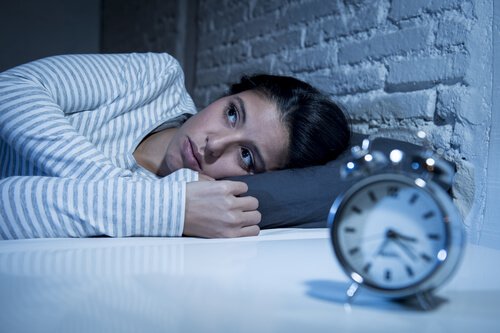
The only studies that measure the usage effects of synthetic melatonin in treating insomnia have to do with people who suffer something known as delayed sleep phase disorder (DSPD). It’s a disruption in our circadian rhythm characterized by insomnia, changes in body temperature, and issues with our hormones and attention spans.Share
Melatonin in People Who Suffer From Stress
Melatonin can be a blessing for people characterized by living a life with a high level of stress, and who, because of their work, are forced to spend many hours in environments where there’s only artificial light. For example, let’s think about doctors, nurses, assistants, or any factory worker who’s forced to work long shifts, losing their concept of whether its day or night.
- As a result of job pressure, there are a lot of people who end up sleeping very little and eating badly. This lifestyle causes an alarming decrease in melatonin levels. With is appears the risk of depression, and other associated illnesses.
- And, and the less melatonin our body secretes, the more our circadian rhythms will change. It will weaken our immune system and we’ll stop having one of the best biological antioxidants at our disposal. The one that’s capable of healing cell damage and slowing down premature aging.
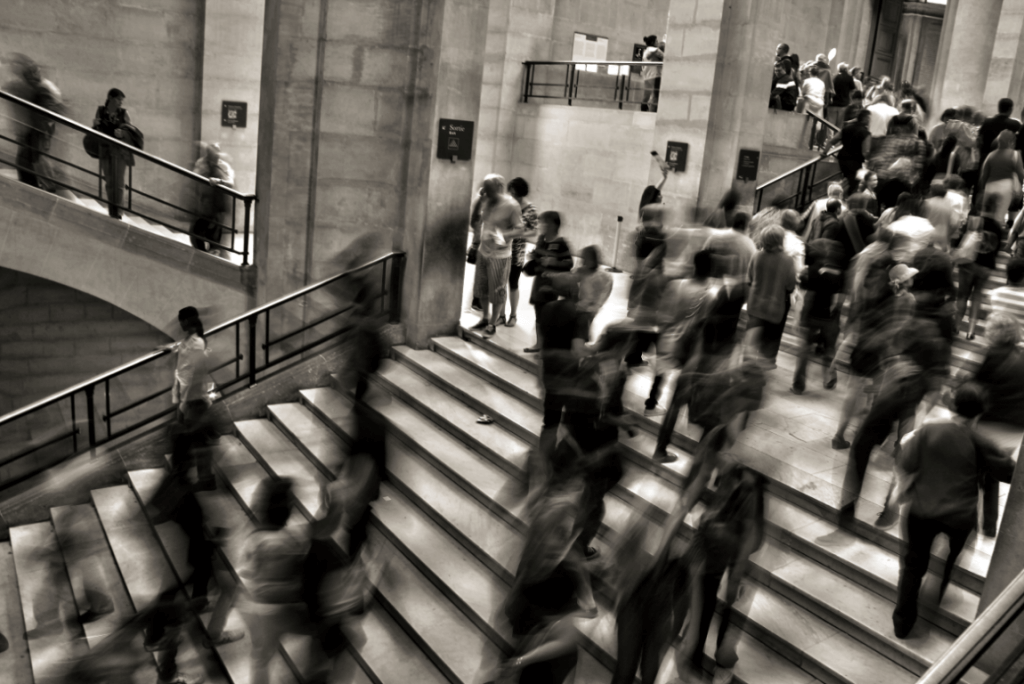
Its vital that if we see ourselves in one of these situations, we speak with our doctors about the suitability of turning to synthetic melatonin, or simply limiting ourselves to improving our diet and making positive adjustments to our lifestyle.
Melatonin Against Aging and Degenerative Processes
As we mentioned at the beginning of this article, the older we get, melatonin stops being produced at the same rate. Now then, that decline doesn’t just lead to a shorter nightly rest, or to making way for progressive aging.
- There’s a fact we can’t make light of. This hormone also synchronizes the rhythms of our brain’s neurotransmitters. So, something we’ll experience as the years go by is a loss of our cognitive capabilities, which could be either our attention or our memory.
- Also, the lack of melatonin contributes to the appearance of certain illnesses like Alzheimer’s or Parkinson’s disease.
This explains why many health professionsals recommend that their patients older than 55 should take some melatonin supplements, in order to prevent–and even reverse–the neurodegenerative processes associated with the mitochondrial damaged that causes decreases in melatonin.Share
It’s an interesting fact we should try to keep in mind.
Melatonin promotes sleep and youthfulness, how can we increase it
Its highly possible that our first reaction after reading about all these benefits associated with melatonin, our first reaction will be to go to a pharmacy and buy a bottle. We will stress that this isn’t appropriate. It should always be our doctors who indicate whether or not its a good idea to take melatonin, and tell us how much and how long to take it for. We can’t forget that everyone needs a specific dose, and that’s how we’ll be able to see its effect.
So, and before turning to self-medication, it’s always in our favor to foster melatonin production in a natural way, through these simple strategies.
As much as possible, and if our obligations allow it, its good for us to live in harmony with light cycles. A mistake most of us make is letting our nights overflow with that artificial light from our electronic devices like the computer, tablet, or cell phone…All of that affects our pineal gland.Share
So then, it’s important that our diet be rich in a very special kind of amino acid: tryptophan. Thanks to this substance we’ll produce suitable quantities of melatonin as well as serotonin. These are some of those foods:
- Egg yolks.
- Plantains, bananas, pineapples, avocados, and plums.
- Dark chocolate is a great way to raise trytophan levels in order to produce melatonin in a natural way.
- Spirulina
- Watercress, spinach, beets, carrots, celery, alfalfa, broccoli, dates.
- Nuts (almonds, walnuts, pistachios, cashews…)
- Seeds (sesame, pumpkin, sunflower, fenugreek).
- Whole wheats.
- Baker’s yeast.
- Beans (garbanzos, lentils, fava, soya…)
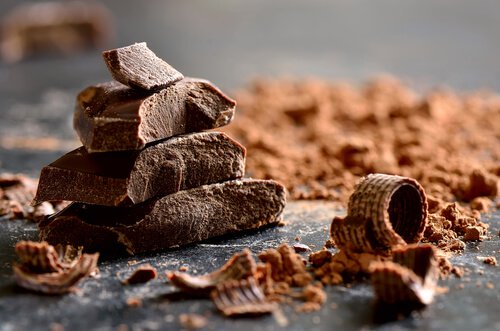
Wrapping up, now we’ve seen how melatonin is much more than that hormone which regulates our sleep and wakefulness cycles. It’s also the molecule of youth, psychological well-being, and that bridge which connects us to the natural rhythms of our planet, in order to live in harmony with it.
Something it sometimes seems like we’re forgetting.
Bibliography.
Lewis, Alan (1999). Melatonin and the Biological Clock. McGraw-Hill
Pierpaoli, Walter (1995) The Melatonin Miracle. G.K. Hall
Buscemi N, Vandermeer B, Pandya R, Hooton N (2004), Melatonin for treatment of sleep disorders. McGraw-Hill
Turek FW, Gillette MU (2004). Melatonin, Sleep, and Circadian Rhythms. Lancet
This text is provided for informational purposes only and does not replace consultation with a professional. If in doubt, consult your specialist.








